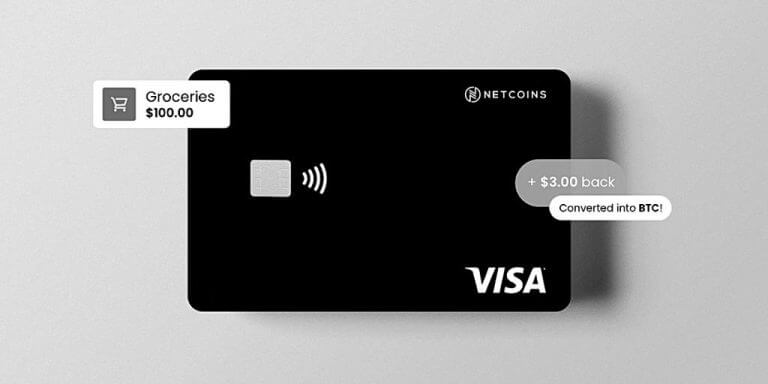



start here
By starting with this featured post on What Are The Three Principles you will gain a better understanding of the foundation of my work. I encourage you to read the recommended posts sprinkled throughout the article.
I’ll take you on a deep dive into the Three Principles of Mind, Consciousness, and Thought to awaken you to how every single experience of your life is created.
featured reviews

7 Best Meditation Teacher Training Certifications (2024)
As I researched online meditation teacher training certification programs, I quickly came to realize that there aren’t all that many options. Most meditation teacher training…

7 Best Online Life Coach Certifications -Any Budget (2024)
This post is for you if you have a budget between $500-$4000 and want an easier time making a decision on which is the best life coaching certification for you.
Latest in Self Improvement

6 ways that show happiness Really is a choice – Psychology
When most people think about the psychology behind happiness, they assume that it is something that happens to them. They don’t believe they can choose happiness, but it’s a choice you make every day. You can control your thoughts and …

7 Tips On How To Accept Change + What’s Holding You Back?
Change is inevitable. Look at your hobbies, friends, clothes, taste in music, TV shows, family, and career. Many of those things have changed. The people around you have changed. The political climate has changed. There’s change everywhere. Change can bring …
Latest in Spirituality

16 Myths About Meditation
Meditation is as complex as your mind and as simple as sitting down and breathing. Even if you’re unsure about the details, you’ve probably heard that meditation is good for you. In addition to managing stress, mindfulness practices have been …

“How Do I Forgive Myself?” – Some Tips To Help make It a Little Easier
Do you ever feel like you can’t move on from your past mistakes? You’re constantly haunted by what you did, and no matter how much time has passed, you keep wondering “how do I forgive myself?”. Making mistakes is a …
Latest in Crypto

Netcoins pay – Visa Card Review: My Experience (2022 Canada)
*Important: Unlike most reviews, I actually have experience with the Netcoins Visa card. Chances are, since you’re searching for a review on the Netcoins Visa Card, you are somewhat familiar with Netcoins. Therefore, I won’t get into who they are …

Compare Every Crypto Credit Card Available In Canada (2022)
With the adoption of Crypto increasing exponentially, more and more financial institutions and crypto exchanges are offering ways to pay using your crypto or fiat while earning crypto rewards. I use the Crypto.com pre-paid visa and love it. It’s an …
All recent posts
10 Possible Reasons Why You Are Having Trouble Meditating
Meditation seems simple, doesn’t cost anything, and is highly effective, but that doesn’t mean it’s easy. And to be honest, it actually is pretty easy once you understand it, it’s…
16 Myths About Meditation
Meditation is as complex as your mind and as simple as sitting down and breathing. Even if you’re unsure about the details, you’ve probably heard that meditation is good for…
What’s a healthy lifestyle for a child? Keep Your Child Fit
Being overweight is unhealthy. Being underweight also has health risks. Research proves that about 80% of overweight children grow up obese. It increases their cancer risk and can lead to…
How To Avoid Exertion Headaches During And After Exercise
Exercising regularly provides you with many benefits. You can boost your mood, slim down, and reduce your risk for many serious medical conditions. However, there’s one less pleasant result that…
“How Do I Forgive Myself?” – Some Tips To Help make It a Little Easier
Do you ever feel like you can’t move on from your past mistakes? You’re constantly haunted by what you did, and no matter how much time has passed, you keep…
Finding Peace Within Yourself During Uncertain Times
Are you feeling uneasy about the future? You’re not alone. Rates of depression and anxiety grew more than 25% starting in 2020, according to one global study. It’s a natural…
6 ways that show happiness Really is a choice – Psychology
When most people think about the psychology behind happiness, they assume that it is something that happens to them. They don’t believe they can choose happiness, but it’s a choice…
Shocking Health Effects of Loneliness + Helpful Strategies
Loneliness may harm your health more than you think. It ages you faster than smoking, according to a recent study by scientists at Stanford University. Feeling isolated speeds up your…
5 Easy Ways To Help Relieve Stress at Work Now
The ringing phones, constant emails, and important meetings can easily create stress at work. However, it can be managed with natural remedies you can bring with you and keep in…
Best Corrective Exercise Specialist Certifications (2024)
Some of the links below are affiliate links, which means I may earn a commission, at no extra cost to you. 3 Best Corrective Exercise Specialist Certifications Best Overall Biomechanics Method…






































